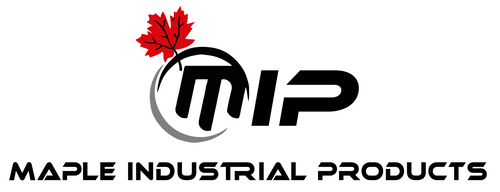Grey Cast Irons
Grey cast iron nominally contains 2.5-4.0% carbon and high silicon. It is used for many applications, including those under conditions of static compressive load, lightly stressed process equipment and where severe thermal and mechanical shock would not normally be expected. Due to the presence of graphite in its structure, grey cast iron is easily machined. The graphite also provides lubrication when surfaces are subject to sliding and is therefore good for bearings and for damping mechanical vibration. Grey cast iron is however quite brittle and has low tensile strength.
Applications include, but are not limited to brake drums, clutch plates and cam shafts in the automotive industry. Furnace parts, ingot and glass molds and melting pots that operate at elevated temperatures are also made of grey cast iron, as are various types of pipes, valves, flanges and fittings for both pressure and non- pressure applications.
Spheroldal Graphite (SG) Cast Irons (Nodular Cast Iron, Ductile Cast Iron);
SG cast irons have mechanical properties similar to those of mild steel and far greater than grey cast iron. SG can replace steel castings and forgings as well as grey cast iron in many applications. SG cast irons also contain graphite thus making them machinable.
Applications include culverts, sewers, pressure pipes as well as fittings, valves and pumps. The advantages of these products are their relatively good toughness and weldability when compared to grey cast iron.
Austenitic Cast Irons;
Austenitic cast irons are nickel alloys of grey, SG and white cast irons. Due to the nickel addition, austenitic cast irons exhibit corrosion resistance, erosion resistance, cavitation resistance and exhibit resistance to high temperature service. Austenitic cast irons are stronger and tougher than grey cast iron, producing good wear and galling resistance as well as good machinability. Austenitic SG cast iron is approximately twice as strong as austenitic grey cast iron. Austenitic white cast irons containing nickel, chromium and molybdenum make up the range of Ni-Hard, Ni-Resist and Nicrosilal grades. Ni-Hard is used for abrasion resistance, Ni-Resist for corrosion resistance, and Nicrosilal for heat resistance.
White Cast Irons ("Chilled" Iron)
Unlike the grey and SG cast irons, white cast irons are virtually free of graphite. They are considered un-machinable and are very brittle with high hardness and low tensile strength. They are often used in the manufacture of crushing rolls.
Malleable Cast Irons;
Malleable cast irons, which include the white heart and black heart irons, are formed by heating white iron for a set period of time. Malleable cast irons have a higher tensile strength and better ductility than grey cast iron and will bend or deform before breaking and will withstand shock better than grey cast iron.
Applications include flanges, pipe fittings and valve parts. Automotive parts include steering components, compressor crank shafts and hubs, transmission and differential parts, connecting rods and universal joints.

Types of Cast Irons
in MapleWeld






